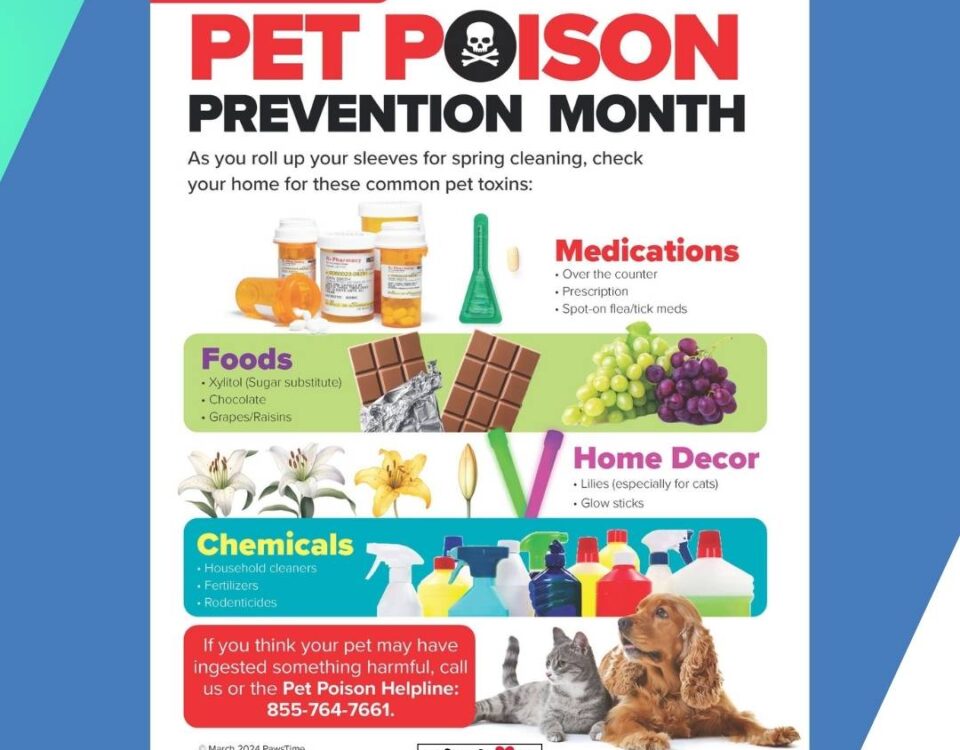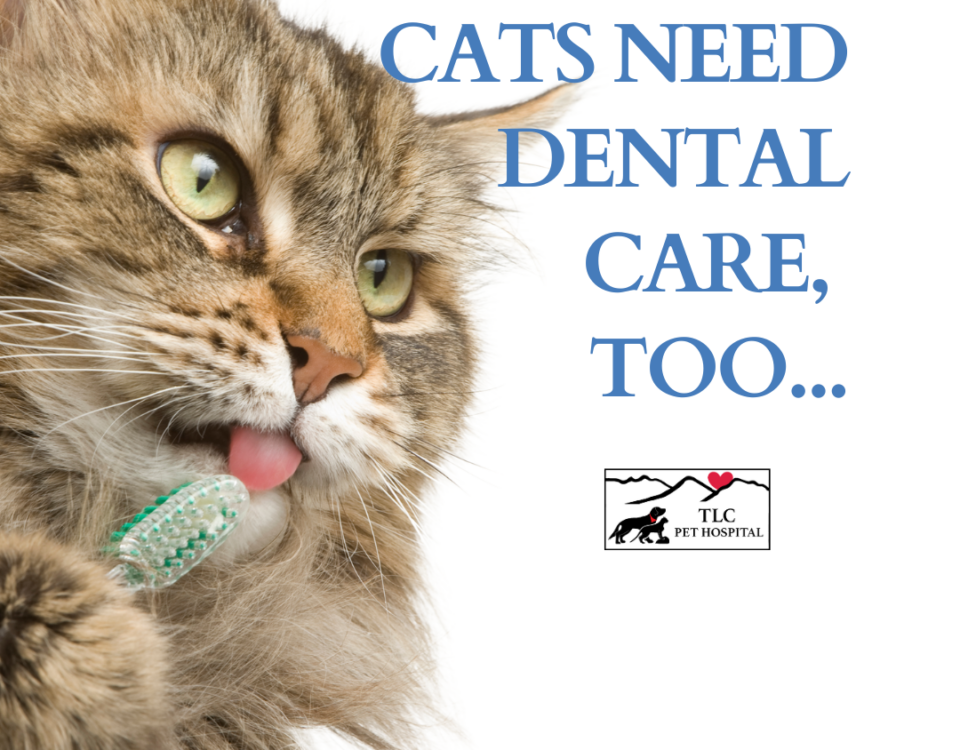Are You Ready For A Cat?
April 28, 2015
Topical Cream Dangers
May 5, 2015Cats come in all shapes, sizes and temperaments. We cover the questions that will help you choose the right cat for your family and lifestyle.
Planning on getting a cat? That’s great! Your new cat will likely become a much-loved member of your household, enriching the lives of everyone in your family for many years to come. You can increase the odds of that happening by making careful choices in selecting the breed of your new cat.
Cats are relatively long-lived animals. The kitten that you bring home today could easily be a member of your family for the next 15, even 20 years. So the choice of which cat to bring home is an important one. Get this decision right, and you’ll reap the rewards of a wonderful and fulfilling relationship that will bring years of joy to your household.
But it’s not an easy decision. There are lots of variables to weigh, and lots of options to sort through. And perhaps the single most important decision you’ll make is in selecting the breed of cat you will buy.
DECISIONS, DECISIONS, DECISIONS
According to the RSPCA, Australians have more than 40 recognized breeds to choose from when selecting a cat. There’s no doubt that having so many choices to sort through makes the decision a bit more difficult.
But the other side of the coin is that having so many choices means that you have a world of options to choose from. You have a rich array of personalities, colours, and coats from which to make the very best selections for your family.
Perhaps the two key considerations you’ll be faced with when selecting a cat breed have to do with coat type and personality traits.
1. COAT
Would you like your cat to be sleek and slim, or fluffy and puffy? Shorthaired breeds tend to require less grooming. That means that you’ll be spending less time brushing and grooming your cat – or hiring it done by a professional groomer. Shorthaired cats will also shed less, so you’ll be spending less time sucking cat hair off your carpet with a vacuum.
But a longhaired breed can be spectacularly beautiful. And you should know that even among longhaired breeds, there are differences in tendencies to shed and in grooming needs. Some longhair breeds shed much more vigorously than others, and some will require much more attention from you to attend to their grooming needs. So if you do your homework and choose your breed carefully, you can strike a balance between the positives and negatives of owning a longhaired cat.
And of course, if someone in your household tends to suffer from allergy problems, a longhaired breed probably won’t be the best choice for your household.
2. PERSONALITY
Though there will always be personality differences between individual cats within a breed, each breed, on the whole, does offer distinct personality traits. If you want a cuddly lap cat, for example, a Persian or Burmese might be a better choice than an Abyssinian.
In fact, there are many breed-specific traits that you’ll want to take into consideration when selecting a breed. Some breeds are much better with children than others. Some will get along better with other household pets. Some will prefer to be the only cat in the household, while others will long for a kitty companion.
Each individual cat has its own unique personality. But by carefully sorting through breed-specific traits, you’ll greatly increase the odds that the cat you select will be a great fit for your household.
CROSSBREEDS AND MOGGIES
For additional choices in cat breeds, you can look beyond the world of purebred cats.
Crossbreed cats have pedigreed parents, but each parent is of a differing breed. Crosses tend to offer some of the personality and physical traits of both parents. But you’re less likely to know exactly what you’ll be getting in terms of temperament and personality from a crossbreed cat.
Moggies are cats that were born of non-pedigreed parents. Moggies can make great pets; purebred papers aren’t required for a cat to become a beloved member of a family. You’ll likely spend a lot less cash in acquiring a moggie. And moggies tend to be healthier than pedigreed cats because of their larger gene pool and lack of breed-specific genetic problems.
But if you bring home a moggie kitten, be aware that you just won’t be quite sure what you’ll be getting until the cat has matured. Temperament and physical appearance can’t be predicted nearly as accurately as with purebreed kittens.
IT’S ALL PART OF THE FUN
If you’re planning to add a furry feline to your household, you’ll have some decisions to make. You’ll need to do some brainstorming to determine the personality, temperament, and physical characteristics that will best suit your family. And you’ll need to do some homework to learn about the characteristics offered by all of the various breeds that are available.
It will be a bit of work.
But the payoff will come in the form of a companion that will enrich the lives of every member of your family for many years to come. And that’s worth a bit of upfront effort, wouldn’t you agree?



